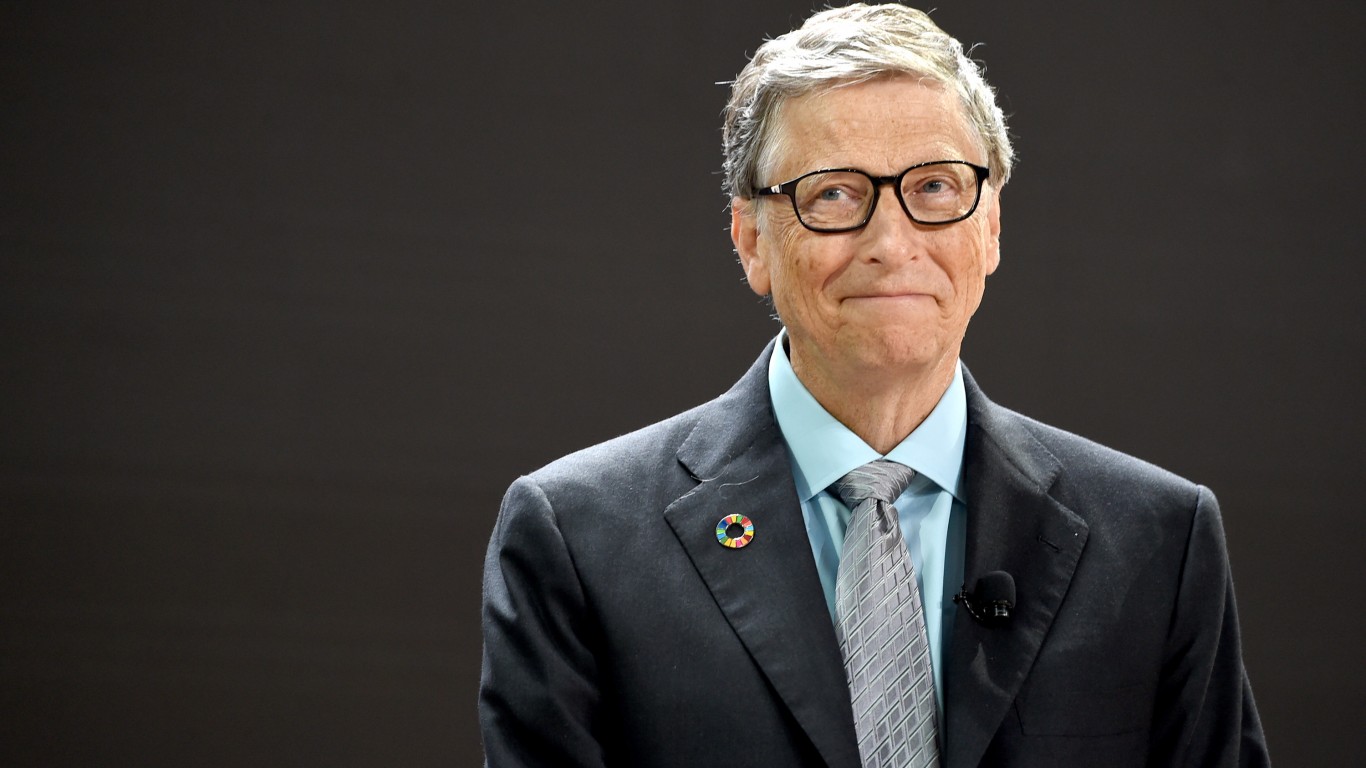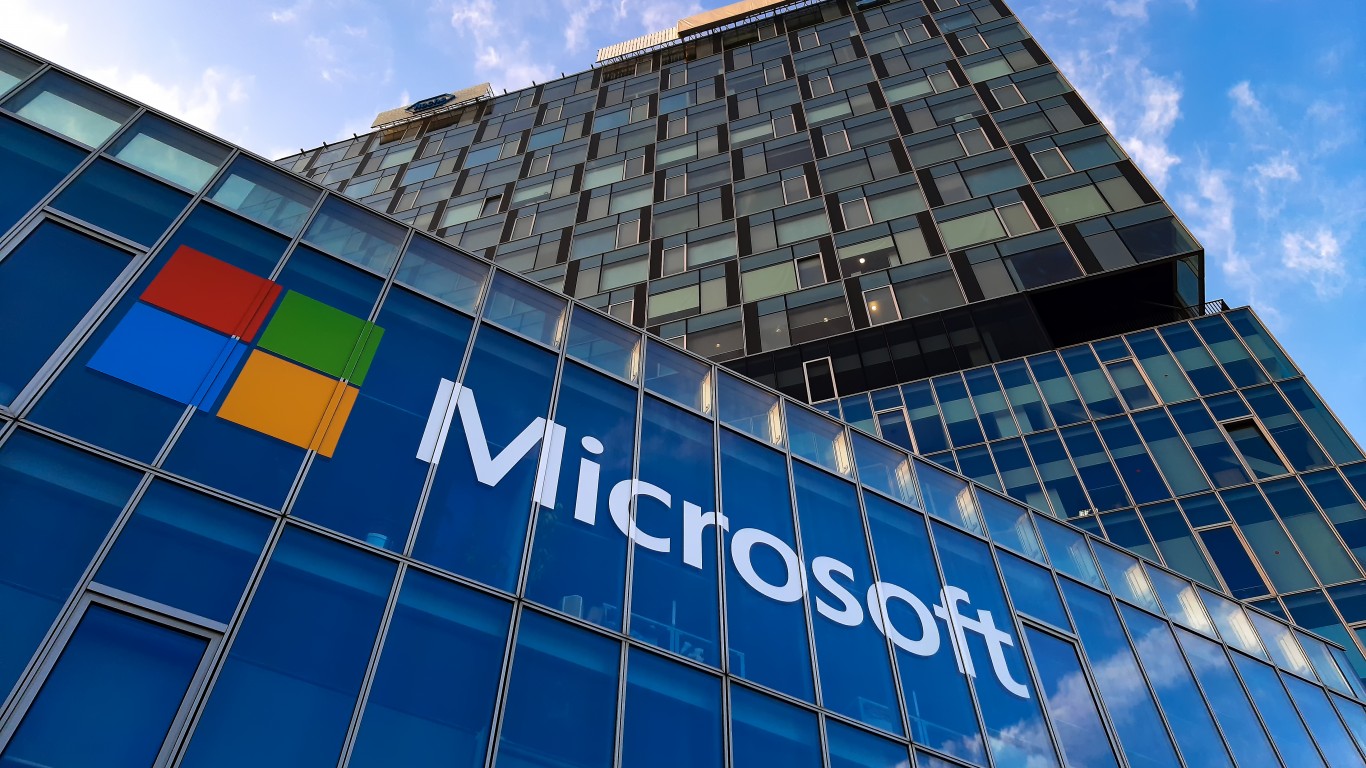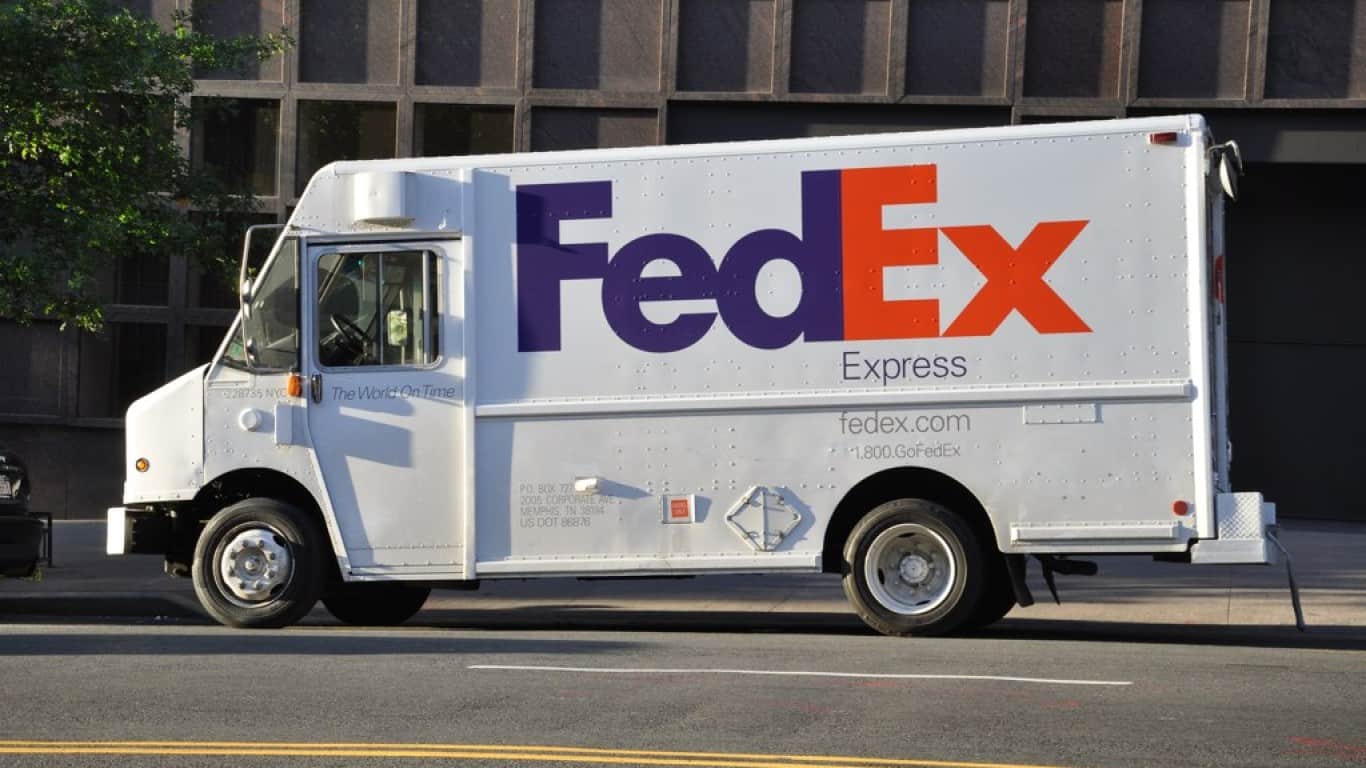Investing
Does Billionaire Bill Gates Know Something Wall Street Doesn't? He Sold Microsoft Stock and Bought This Instead

Published:

Bill and Melinda French Gates officially divorced on Aug. 2, 2021, after 27 years of marriage. When billionaires divorce, it can be a messy affair. Not so for the Seattle power couple.
In May, the Bill & Melinda Gates Foundation announced that Melinda French Gates would leave the foundation and her role as co-chair. The foundation will change its name to the Gates Foundation. It has ensured that the transition will be seamless for everyone involved in making big things happen worldwide.
The foundation’s primary investment vehicle, the Bill & Melinda Gates Foundation Trust, is still the name. Its 13-F holdings report from Sept. showed that it held $45.09 billion invested in 24 stocks.
Billionaires buying and selling stocks is a big deal. It’s become a sport on Wall Street for investors to follow stock trades of the wealthy.
In the third quarter ended Sept. 30, Bill Gates’ Foundation’s trust made five moves, the two most prominent being a decent-sized reduction in its Microsoft (NASDAQ:MSFT) holdings and a significant boost in FedEx (NYSE:FDX) stock.
The former isn’t a big deal for a couple of reasons. The latter is. Here’s why.
With MSFT stock up 468% over the past seven years, it’s clear the foundation has been methodically selling down its Microsoft stock.
However, despite the gradual sell down, Microsoft is its largest holding, accounting for 27.64% of the $45 billion portfolio. It is one of only four stocks with double-digit weightings.
The trust sold 5.93 million shares of Microsoft stock in Q3 2024, a 17% reduction in its position. However, it still has 28.96 million shares of the tech giant, worth $12.84 billion at current prices.

There are two reasons for the ongoing sell down.
First, while a concentrated portfolio is often good for investment firms and holding companies such as Berkshire Hathaway (NYSE:BRK.B), it’s not nearly as desirable for a philanthropic organization that needs to maintain and grow an investment portfolio intended to finance good deeds.
In this regard, it is much like a pension fund, where diversification helps eliminate specific company risks. Having fewer double-digit weightings is advisable.
The second reason for selling Microsoft stock is that there will be plenty more of it in the future as Bill Gates donates his MSFT shares to the foundation and trust. Gates’ last donation of Microsoft stock was in July 2022, when the philanthropist donated $20 billion.
It’s hard to nail down the amount of Microsoft stock the billionaire owns. As of December 2020, he owned 1.3% of the company, which equated to more than 100 million shares held outside the foundation and trust. However, he donated a large amount as part of the 2022 donation described earlier.
Since he’s no longer on Microsoft’s board, he’s no longer required to report his holdings. There still should be plenty available to restock the foundation’s cupboard.

There were two buys in the third quarter. The first was a new position, buying one million shares of PACCAR (NASDAQ:PCAR), the Seattle-based maker of large commercial trucks whose brands include DAF, Kenworth, and Peterbilt. The new holding accounts for 0.22% of the trust’s holdings and is the 19th-largest position.
The second buy is an addition to its existing holdings in FedEx, the Memphis-based shipping and freight company that fiercely competes with United Parcel Service (NYSE:UPS).
The trust purchased one million shares of FedEx stock during the third quarter. This was a 65% increase in the number of shares held. It now owns 2.53 million shares of the transportation company, making FedEx the trust’s 9th-largest holding.
Both companies are considered reliable indicators of America’s economic health, positive or negative. The fact that it’s adding a new position in transportation and upsizing another suggests that the trust’s financial advisors believe the economy is strong and likely to get stronger.
In the case of FedEx, the trust likely added shares at a price it felt was desirable, given the company is currently undertaking a business restructuring that should cut its annual costs by $2.2 billion, adding considerable profits to the bottom line in 2025 and beyond.
Interestingly, despite the downturn in its business, its stock is up 69% over the past five years through Dec. 11, 7x higher than UPS.
At least, according to Gates and his advisors, FDX is the better buy. The Wall Street 12-month target price is $318.
Thank you for reading! Have some feedback for us?
Contact the 24/7 Wall St. editorial team.